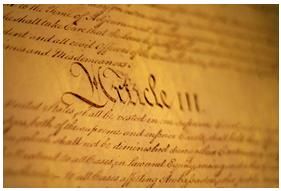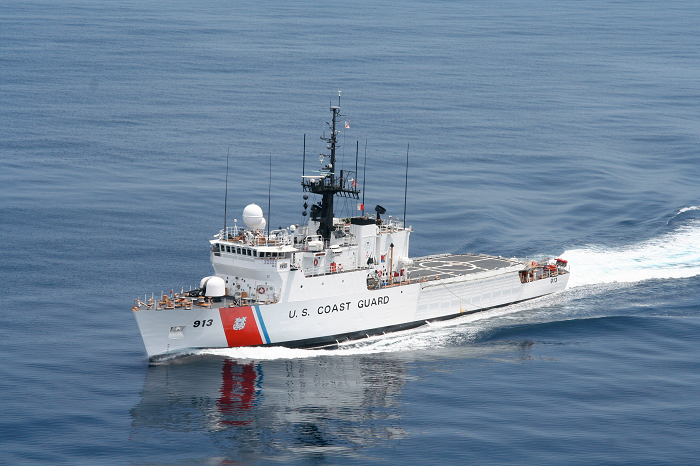If you are sailing on American waters these are things you need to know!
There some important things that you should know if you’re on a boat in U.S. waters. We know some of these things may really surprise you, but you do not have the same Constitutional rights when you are on the waterways of America.
Article III of the Constitution gave all judicial authority, over all the waterways under Federal control. In other words, when it comes to boating law there’s really no such thing as state law, it’s federal law.

Now it’s true the state may have control over lakes that are within the state but the federal government controls navigable waterways, what does that mean? It means every bay, river, inlet, that leads out into the ocean, that is where our constitutional rights do not apply, specifically, the 4th Amendment.
Our constitutional rights don’t apply? What do I mean by that?
The Bill of Rights protects US citizens from certain government control. Article 4 states, there shall be no unreasonable search and seizure. That’s the reason when you’re driving down the highway in America, a police officer can’t just decide to pull you over. They must have what’s called probable cause such as your weaving in and out of traffic or your speeding, that is probable cause, then they’re allowed to stop you. But even once they stop you they’re not allowed to unreasonably search or seize and they can’t just say open up the trunk of your car I want to see what is in there! No, they have to call for a Judge to get a search warrant.
The 4th amendment protects us from unreasonable search and seizures, but on navigable waters, we do not have that 4th amendment right in the same way as when on land. The federal government does not have to have probable cause to stop anyone on a boat on navigable waters.
The Coast Guard is an arm of the federal government, they can stop anyone and they can board any vessel without probable cause and they’re authorized to. They can also arrest you without probable cause. So, don’t forget the coastguard can and will board any vessel they chose. They don’t have to ask permission and they can arrest you without probable cause.
Now, where does the coast guard get this authority? By statute of law.
Here’s a quick story. I have a friend who is a live-aboard sailor, does charter his 50-foot boat on a Lake inlet in S. Florida. At about one o’clock in the morning, he heard this loud pounding that woke him up. Who the hell is knocking on my boat! When he came outside ready for a fight, he was blinded by a searchlight. There was a coast guard vessel that had the searchlight on him and there was one officer behind a machine gun on deck! The PA horn declared, prepare to be boarded.

He was really upset and thinking, I haven’t done anything wrong.
We don’t expect the police to show up when were not doing anything wrong. That expectation is on 4th amendment rights, which do not apply when we are on navigable waters of the U.S. So, just co-operate with them and you’ll have no trouble, they do have the legal authority as written in the law.
Hope this gave you some insight that will give you the knowledge you need to know and expect with the legal issues that may arise when Boating on U.S. Waters.
